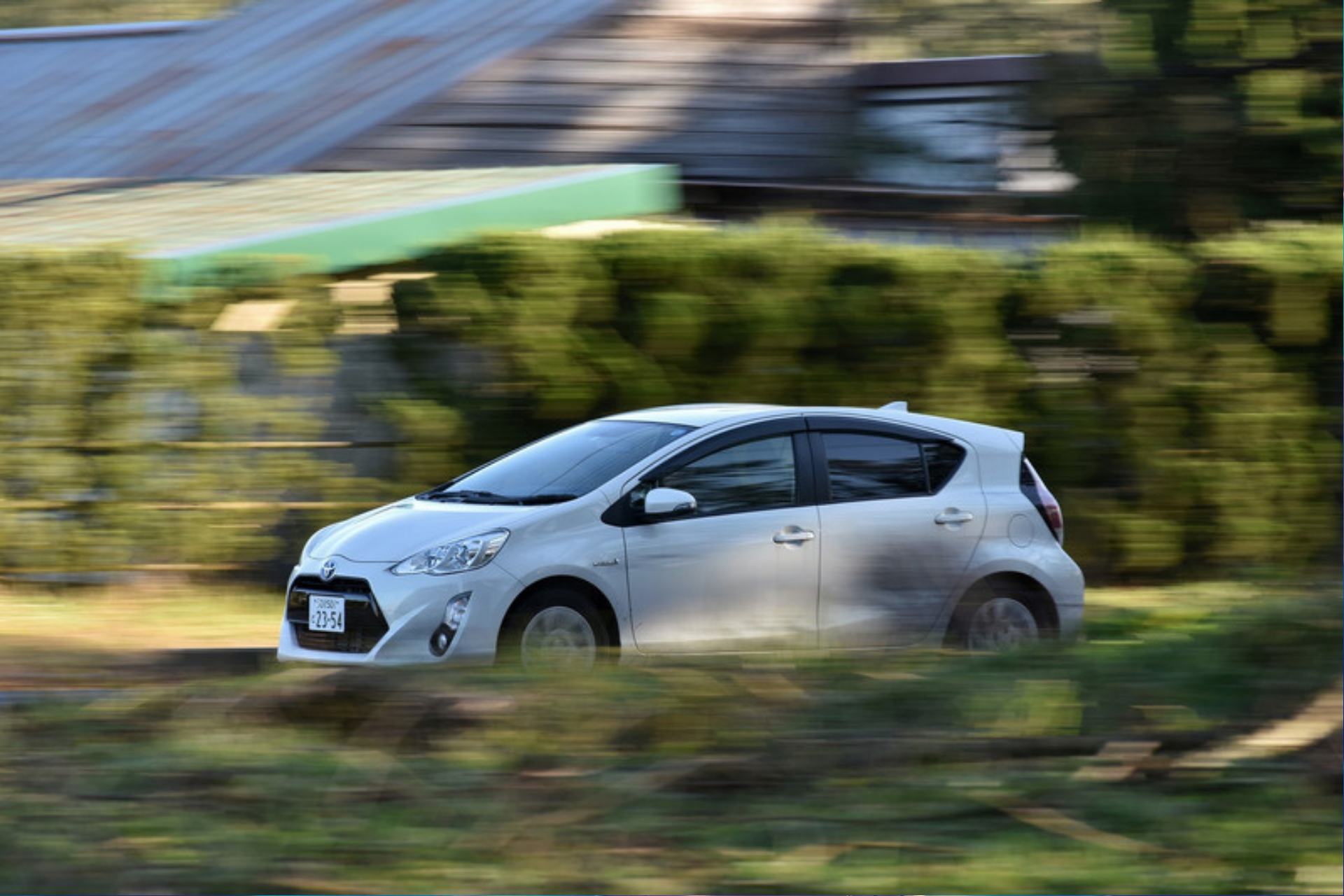By Stephen Macharia
A hybrid vehicle combines both worlds of contemporary motoring: the ICE and electric vehicles. According to Consumer Reports, “these models provide energy-efficient transportation while lowering or eliminating tailpipe emissions, diminishing noise, and reducing operating costs.
With global increases in fuel prices, hybrid vehicles have become popular on the roads. However, the uptake seems slower, with misconceptions and myths applying the braking forces.
But according to Njiru Ayanga, the Nairobi Electric Vehicle and Hybrid Vehicles Repair CEO, hybrid vehicles are reliable, efficient, and have good performance.
“Hybrid vehicles are designed for energy efficiency in city traffic. At slow speeds, electric motors eliminate the need for using petrol. Hybrid vehicle owners make a lot of fuel savings,” he says.
Maximum fuel efficiency is realised in city driving when the vehicle averages 25-30 kilometres per hour. But the vehicle tends to cede fuel efficiency to the ICE engine.
He says that hybrid vehicles have increased acceleration performance compared to internal combustion engines (ICE). This is because hybris vehicles have two sources of power as opposed to one in a conventional ICE vehicle.
These vehicles have more powerful acceleration because engine horsepower is combined with the horsepower of electric motors. They are also very smooth in handling,” Ayanga told AutoNews Magazine.
But the benefits are more. “Hybrids have lower maintenance costs due to longer service intervals on oil and filter changes. This is because hybrids vehicle engines go off periodically when the vehicle switches to electric mode.” This allows a hybrid car to reduce carbon emissions, contributing to less pollution of unpleasant and harmful exhaust fumes.
He adds the brake pads give longer service compared to their non-hybrid counterparts. “These vehicles use regenerative braking where the electric motors recover energy from the wheels sending the energy to the battery. This energy recovery process has the effect of slowing the car down whenever the brake pedal is pressed. If you press the brake pedal lightly enough the motors will slow the car down without using the brake pads; he told AutoNews Magazine in an interview.
The hybrid system also reduces vehicle vibrations as it is built on electric motors. This reduces vehicle noise inside and outside the vehicle.
However, many vehicle owners in Kenya are still buying none hybrid vehicles despite all the benefits, Ayanga elucidates. He thinks that motorists believe hybrid vehicles are complex to own and maintain. Ayanga partly identifies with these concerns.
Hybrid vehicles are fitted with batteries that require replacement, or repair, after a period. All hybrid vehicle batteries undergo degradation known as dendrite formation. This is a normal chemical reaction that causes the formation of crystals inside the battery, reducing the battery’s health.
Hybrid batteries tend to have a warranty of eight years, Ayanga says. Insidious failures start within the first eight years of vehicle use. These problems mostly occur when the battery cooling system becomes faulty.
“Batteries lose the capacity to hold a charge as they age. No two batteries are ever the same. Each battery has its character. Some will lose capacity faster than others even if they were made under the same conditions on the same production run. The difference in capacity begins to increase more rapidly as the battery ages past the 8-10 year mark.”
However, the batteries come with a warranty which covers eight to ten years depending on the vehicle model. After the warranty period expires, any vehicle owners pay for battery repairs or replacements.
However, hybrid vehicle owners should not worry. Hybrid batteries are now serviceable locally.
“You can replace an entire battery or restore it by replacing damaged cells with healthy ones. We also reverse battery dendrition through a process of charging and deeply discharging the battery using specialized battery lab equipment, he says.
He however acknowledges a shortage of automotive mechanics with skills in hybrid vehicle maintenance noting the skill gap is detrimental to the uptake of hybrid technology.
Many mechanics understand how the combustion engine works. But the integration with electric propulsion remains a challenge to very many local mechanics. This is major because they lack formal training in electric vehicle systems.
Hybrid battery repair costs range from Sh30,000 to Sh70,000 depending on the severity of battery damage and vehicle model. He says battery replacement costs between Sh90,000 and Sh130,000.
His call to prospective hybrid vehicle buyers: “Hybrid vehicles will serve you right. But you need to get properly trained mechanics to handle your vehicle.”
Ayanga holds a degree in business. He also had a diploma in Electronics and electrical systems, a diploma in petroleum management, and technical training in Hybrid and electric vehicle systems.
